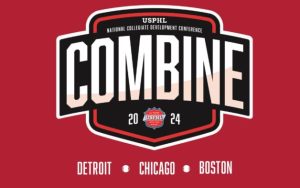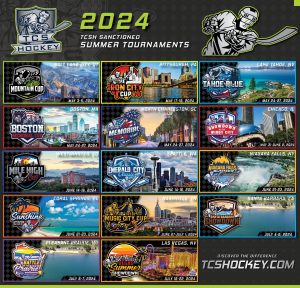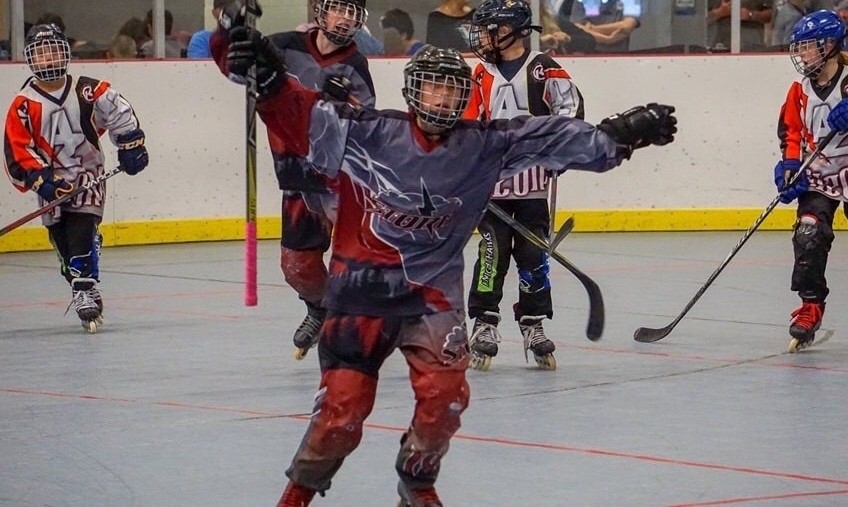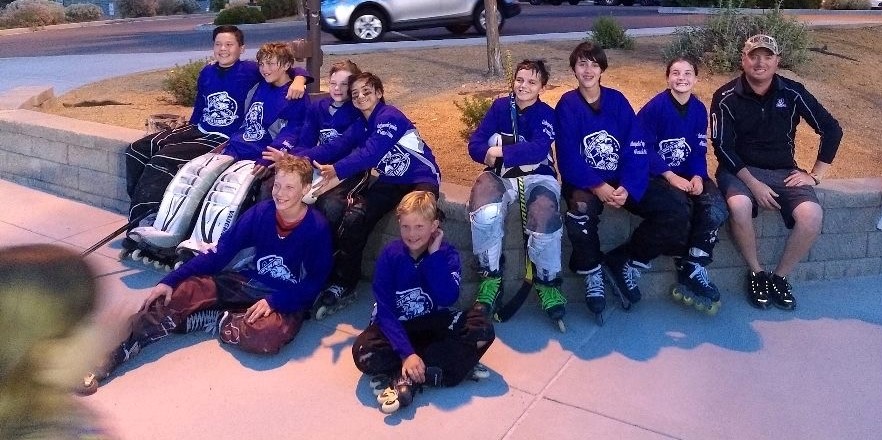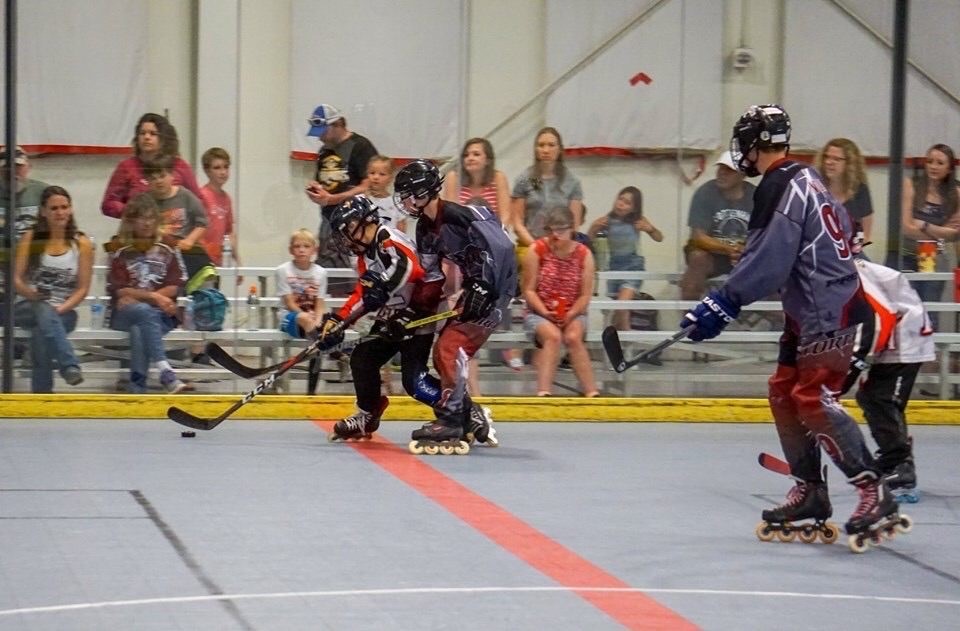IHAAZ development process gaining steam across board

There are certain teams in IHAAZ that don’t have the luxury of pulling players from the ice hockey world to build up their programs.
In places like Yuma, Prescott and Tucson, rosters must be built from the ground up.
But because the pool of talent to draw from is limited, it can be a challenge.
“Because of our smaller population, our draw can be really challenging,” said Charlie Arnold, a coach with the Prescott Storm. “And with ice surging again, a lot of our players are getting pulled in both directions. While we have several spectacular players, there is a large gap between that 10-15 percent and the rest of the pack. We are focused on closing that gap.”
Yuma’s Matt DiCori can relate.
He said the development of players starts at the age of 6 with the Learn to Skate program, a two-week program in the summer months to get children involved. DiCori loves watching that development evolve.
“We strive to teach good sportsmanship and teamwork, and it’s nice to see many players who have worked together on teams from the ages of 7 and 8 all the way through high school,” DiCori said. “It builds longstanding relationships between players and families.”
One of the biggest obstacles in the development process is finding rink time.
“The game of hockey is about speed and systems, and I think that can be learned well without ice experience,” DiCori said. “What challenges Yuma teams is a smaller pool of talent, but mainly it’s not having ample rink time to develop those systems.”
Arnold said he holds clinics in the summer months to aid the development of players. He said players that join the rec program there are first-time skaters.
“Last summer, I hosted twice-weekly clinics for new to hockey and mid-range players,” Arnold said. “We had a full range of skills and ages attend. I have found that while our rec program is focused on game play, we have added additional practices to help new kids get off the ground.”
Extra practice can make all the difference in the world. Teaching team concepts goes a long way as well.
“One strategy that I normally use is to build the team concept early,” DiCori said. “One player alone cannot win a two-period hockey game for you. Building trust in one another and working together as pairs or lines is very key to having a solid roster from top to bottom.”
DiCori said it’s important to focus on the strengths of players along the way.
“I think as a coach you need to look for each player’s strength and look to get them into that scenario on the rink as much as possible,” DiCori said. “I really enjoy watching the transition between just attempting to control the puck to actually running set plays on the rink and maintaining proper positional awareness. That is when you know that a system is really clicking for the team.”
Arnold said he’s all about working with players to make sure they have opportunities to play the sport if they are committed to putting forth the effort, offering summer clinics that are free to help ensure a financial situation isn’t a roadblock.
Looking forward, Arnold seeks continued consistency within the program.
“I love coaching hockey, but as with any program, there are challenges, and our program is no different,” Arnold said. “It is my goal, as travel director, to create opportunities for our players, provide more consistency in our program and create a long-term opportunity for them to be successful.
“I am in this for the long haul and try to make decisions based on what is best for the program as a whole and all of the teams and players we have.”
— Brian Lester
(Nov. 25, 2019)

